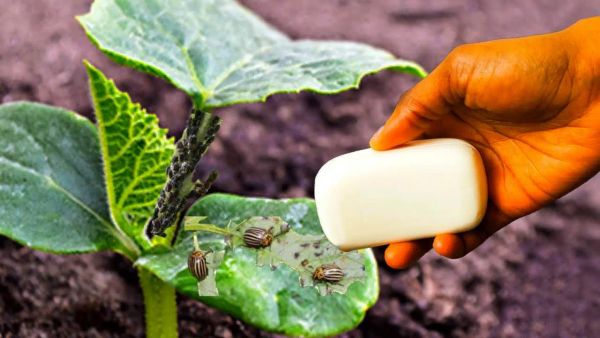
Are you concerned about the health of your plants because they are infested with aphids? Don’t worry, we have the solution! In this article, we will reveal the best insecticide to quickly and effectively eliminate aphids from your plants.
Understanding Aphids and Their Threat to Plants
Aphids, also known as plant lice, are tiny parasitic insects that survive by feeding on plant sap. They pose a significant danger to your plants and should be dealt with promptly. By sucking plant sap through their pointed mouthparts, aphids weaken the plants, leading to slowed growth, deformed leaves, dryness, and even the death of weaker plants. But that’s not all – aphids can also transmit viruses and plant diseases, spreading infections from infected to healthy plants.
Moreover, aphids produce a sticky substance called honeydew, which promotes the growth of black sooty mold. This mold further hinders the plants’ ability to perform photosynthesis. Additionally, aphids attack agricultural crops, reducing the quality and yield of vegetables and fruits. As you can imagine, this has a negative impact on the agricultural economy and food supply.
A Natural Insecticide: The Secret Ingredient
Fortunately, we have discovered a simple and effective natural insecticide that you can make at home using a common household ingredient – soap. This natural solution is a safer alternative to chemical-laden products and is highly effective against aphids.
How to Prepare the Best Insecticide for Aphids: Ingredients and Instructions
Here’s how you can prepare the best insecticide for aphids using soap:
Ingredients:
- Fragrance-free and paraben-free liquid soap
Instructions:
- Dissolve two to three tablespoons of liquid soap in a liter of water.
- Mix well and pour the solution into a spray bottle.
- Spray the affected parts of the plant early in the morning, before the sun heats the area.
- Repeat this treatment for about a week.
By using this natural insecticide, you can effectively eliminate aphids and restore your plants’ health. However, we always recommend consulting with a nursery expert to evaluate the plant’s condition and get the best advice on appropriate treatment.
With this simple yet powerful method, you can keep your plants aphid-free and thriving without resorting to harmful chemicals. Give it a try and see the incredible results for yourself!




